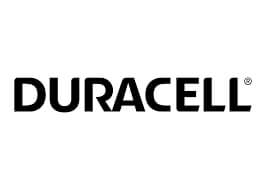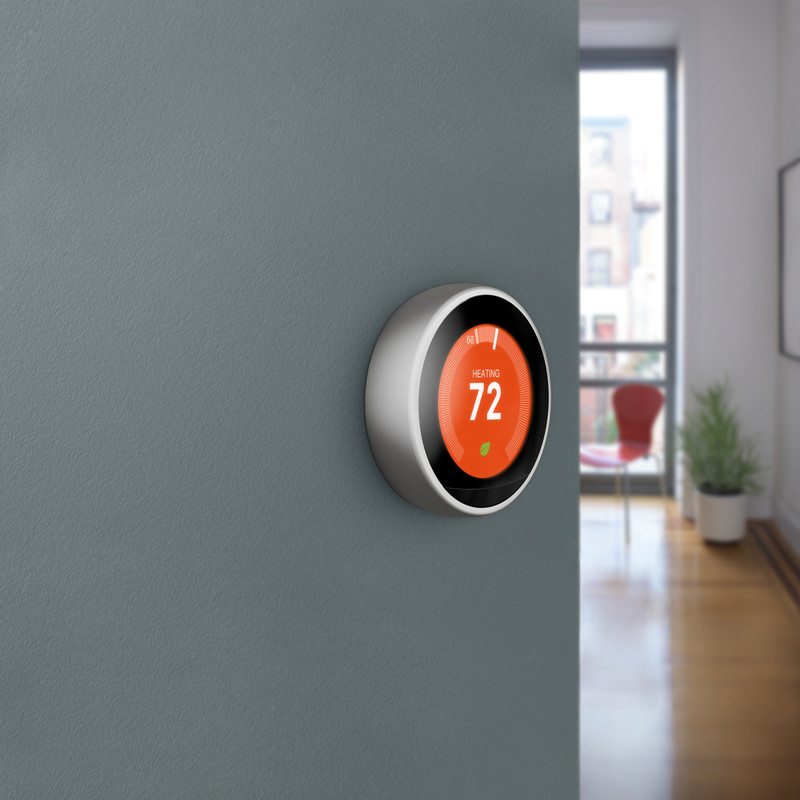- Help & Advice
- Buying Guides
- Batteries Buying Guide
Batteries are used to power many everyday items and whether you're purchasing AA batteries to power up a child's toy, or a 9V battery to keep your smoke alarm in working order, knowing which type of battery to use can increase the life of your device and improve its performance.
In this guide we’ll be covering the different types of batteries you can purchase here at Toolstation, and answer some of those frequently asked questions.
The Different Types of Batteries
From the more common AA alkaline batteries through to high power li-ion batteries, there's a great many to choose from and understanding each will ensure you choose the right type of battery for your device.
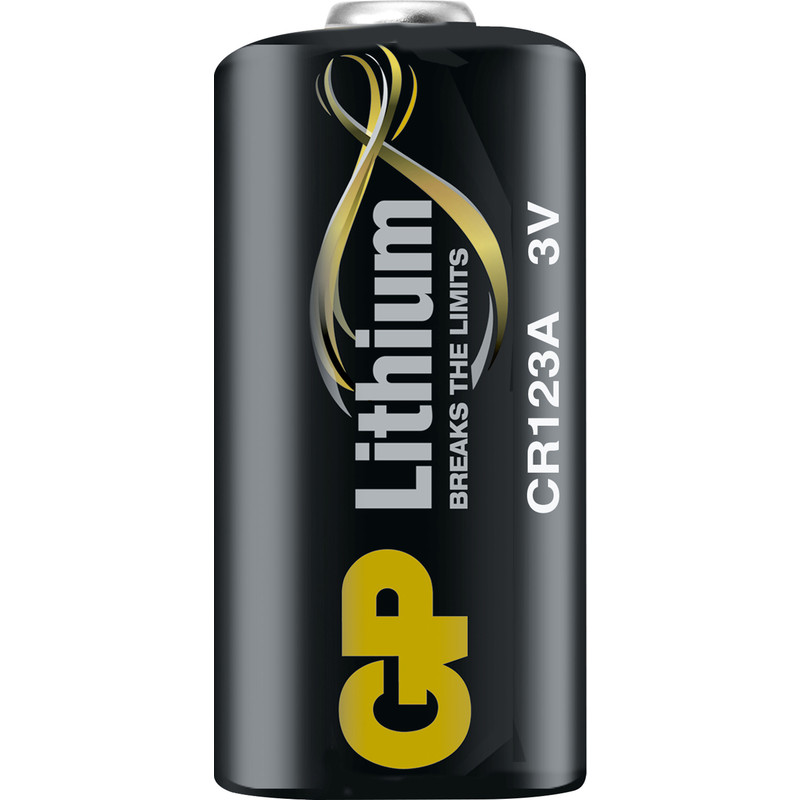
Lithium Battery
Lithium batteries are a type of single-use battery. This means they cannot be recharged, and you’ll have to dispose of them once they’re drained of energy. Compared to other types of batteries they have a high charge density so you can expect them to last for quite some time before they need replacing.
Even though lithium batteries tend to cost more at the outset, they do have a longer shelf life making them great value for money. Most batteries can be sensitive to temperature changes which often reduces their efficiency and lifespan. However, lithium batteries perform well in extreme temperatures, making them ideal for devices like cameras and torches which may be subject to temperature fluctuations when being used outdoors.
When it comes to battery sizes, lithium ones are available in AA, AAA, and 9V which are the most common sizes for many household devices.
Advantages
-
Long battery life
-
Suitable for high-performance devices
-
Perform well in extreme temperatures
Things to Consider
-
More expensive to purchase
-
Single-use only
-
Only available in certain sizes

Alkaline Battery
Alkaline batteries are the most readily available and what makes them so popular is the lower price tag compared to other battery types. They tend to have a lower voltage output making them better suited to things that won’t drain the battery life too quickly, this could include items such as TV remotes, clocks, and children’s toys. They’re also available in most sizes so no matter what device you need to power, you’re sure to find the right battery size to suit.
The chemical make-up of alkaline batteries means that they cannot be recharged, so once they're completely flat you’ll need to dispose of them. The voltage of alkaline batteries gradually diminishes over time. This means they slowly lose power which is what can cause devices to work intermittently.
It’s quite common for battery powered devices to be stored away and forgotten about. However, alkaline batteries left inside a device for long periods are prone to leaking which can cause irreparable damage.
Advantages
-
Available in all sizes
-
Lower cost
-
Ideal for low-drain devices
Things to Consider
-
Prone to leaking if left in a device
-
Non-chargeable
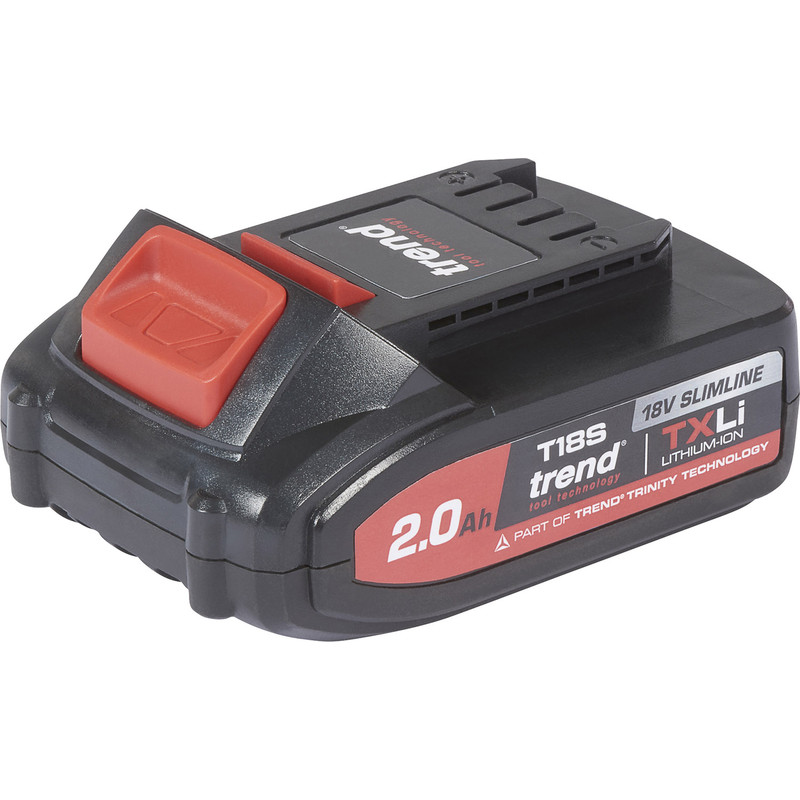
Lithium-Ion Battery
Lithium-Ion batteries, often abbreviated to li-ion, have one key difference compared to regular lithium batteries and that is li-ion batteries can be recharged. In fact, they can be charged and emptied hundreds of times which is why they’re commonly used in items such as laptops, mobile phones, power tools, and electric bikes. In many cases, they’re built into the device making them easier and safer to charge up.
Usually, battery size is an indication as to how much energy it can store. In other words, the larger the battery the more energy it has. But when you compare an equivalent size li-ion battery with something like an alkaline battery, it has up to 4 times the power density so they can last longer before they need to be recharged.
When it comes to availability, you’ll find that you can’t purchase li-ion batteries in sizes that fit common consumer items like torches and remote controls. That’s because they carry a higher voltage making them incompatible. What’s more, incorrect charging poses health and safety risks.
Advantages
-
Very long lifespan
-
Fast charging
Things to Consider
-
Not available in common sizes
-
Safety risks associated with improper charging or poor maintenance
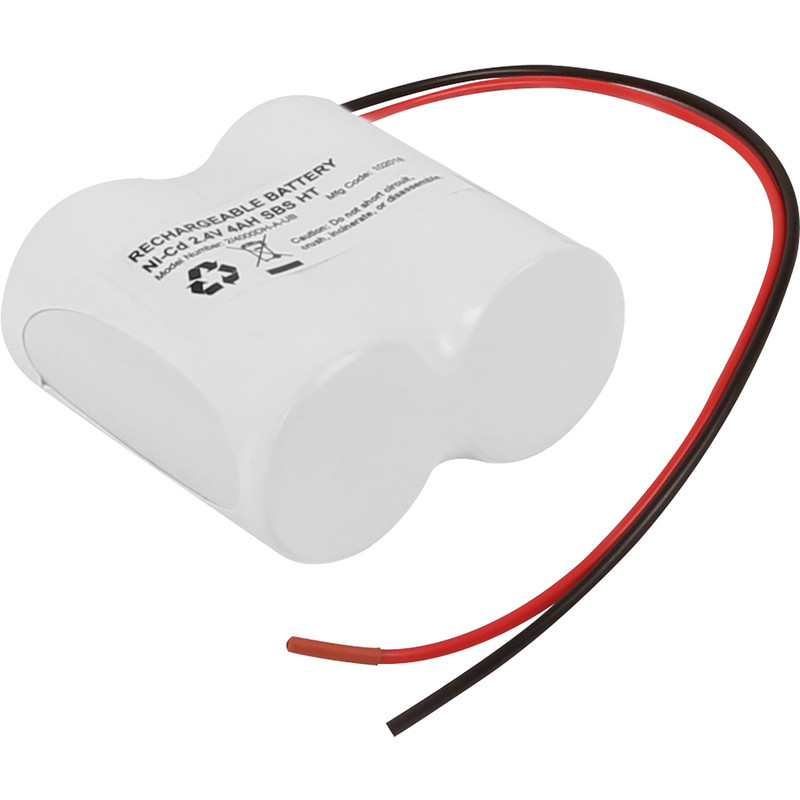
NiCd Battery
NiCd batteries are nickel-cadmium batteries that are both rechargeable and high-power. You’ll likely see these types of batteries being used in things such as remote control cars and digital cameras as they’re perfect for items that require a lot of power.
A key benefit of Nicad batteries is their ability to maintain a full power output right until the battery is flat, so you don’t need to worry about poorly performing devices. What’s more, they charge up quickly and easily, and perform well in extreme temperatures.
They’re readily available in most standard sizes and relatively inexpensive to purchase. The one drawback of Nicad batteries is they can suffer from what’s known as memory-effect. This means that if the battery is repeatedly charged without going flat first, the power won’t last as long.
Advantages
-
Readily available in common sizes
-
Rechargeable
-
Low Cost
Things to Consider
-
Suffers from memory-effect which can reduce power
-
Lower energy density so not ideal for high-draining items
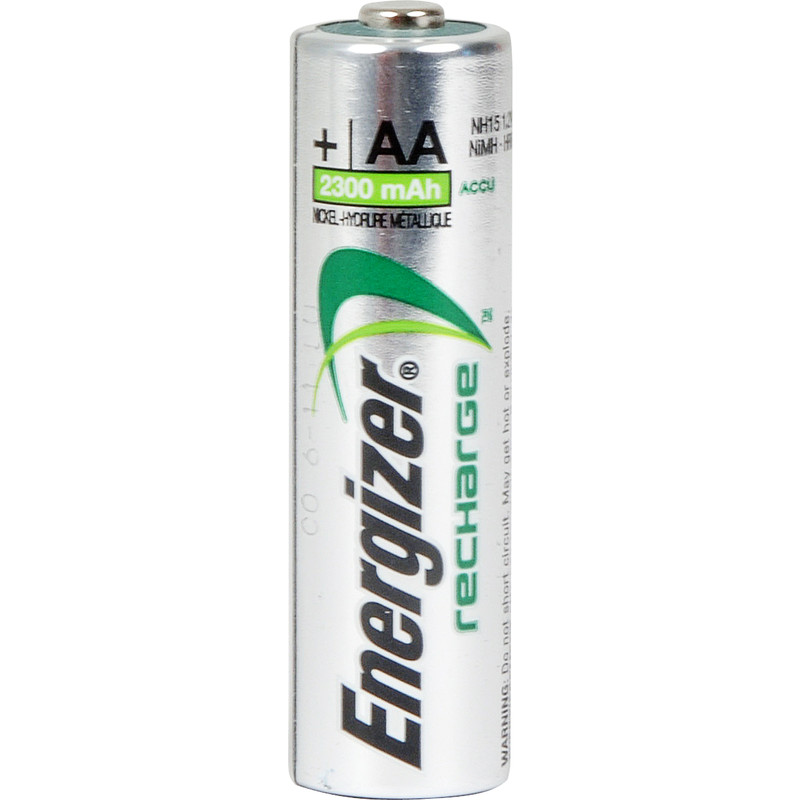
NiMH Battery
NiMH batteries are nickel-metal hydride that are rechargeable making them a great environmentally friendly option for powering your home devices. Compared to other batteries they maintain a consistent voltage meaning their power doesn’t drop off as quickly, this allows for better performance throughout their life.
They’re a newer technology when compared to Nicad batteries and, as such, aren’t susceptible to the same memory-effect issues with reduced power output from regular charging cycles. That said, they charge much slower compared to Nicad but make up for it with their high power output.
You can purchase them in most common sizes, including AA and AAA and they tolerate extreme temperatures well making them suitable for high-drain devices such as powerful digital cameras. However, the most significant drawback is their cost and they typically carry a much higher price tag compared to other battery types.
Advantages
-
More environmentally friendly
-
High power
-
Rechargeable
Things to Consider
-
More expensive
-
Slower to charge
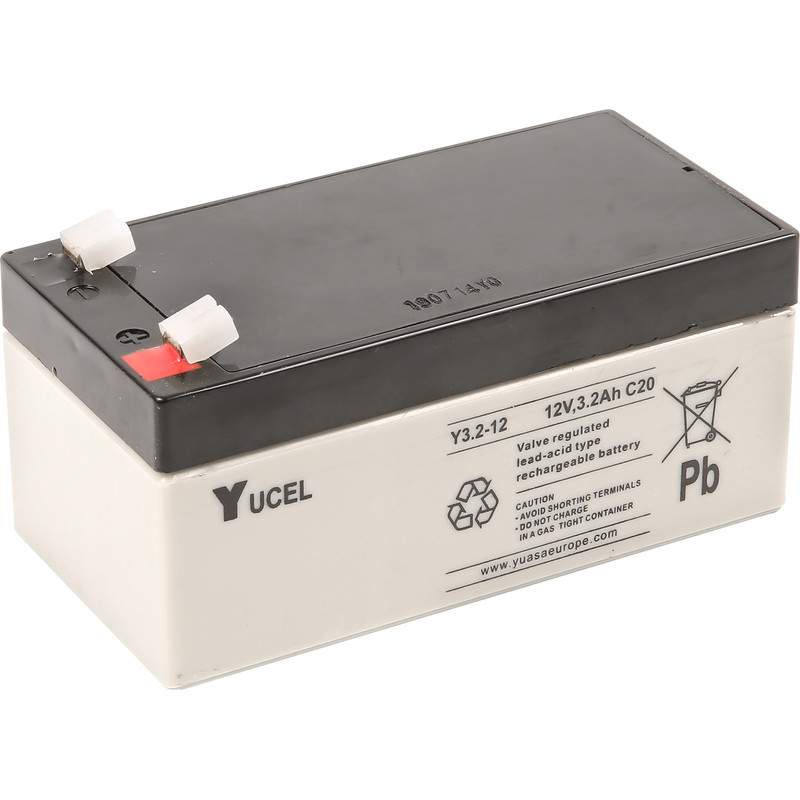
Lead Acid Battery
Lead acid batteries are large, heavy batteries that supply energy to things such as cars, motorised wheelchairs, lawnmowers, and other similar machinery. While they’re rechargeable, they’re less efficient when compared to lithium alternatives. This is because they have lower energy density so don’t hold as much power relative to its size.
They tend to charge slowly but once fully charged, they’re both reliable and powerful. That said, they have a limited life cycle and the weight of them means they can be tricky to install. It’s important to note that a lead acid battery should be charged before it’s allowed to run flat, and by maintaining its charge ensures optimum performance and battery life.
Despite their drawbacks, lead acid batteries are reliable and carry low upfront costs. You may notice that the majority of lead acid batteries are available to buy as sealed units. This prevents spillage of the electrolytes housed within, and keeps maintenance to a minimum.
Advantages
-
Reliable and powerful
-
Rechargeable
-
Low upfront cost
Things to Consider
-
Large and heavy
-
Slower to charge
The Different Battery Sizes
The size of a battery usually indicates how much power it has. Small button batteries can be found in many wearable devices and large D batteries are popular in things like motion sensor bins and powerful torches.
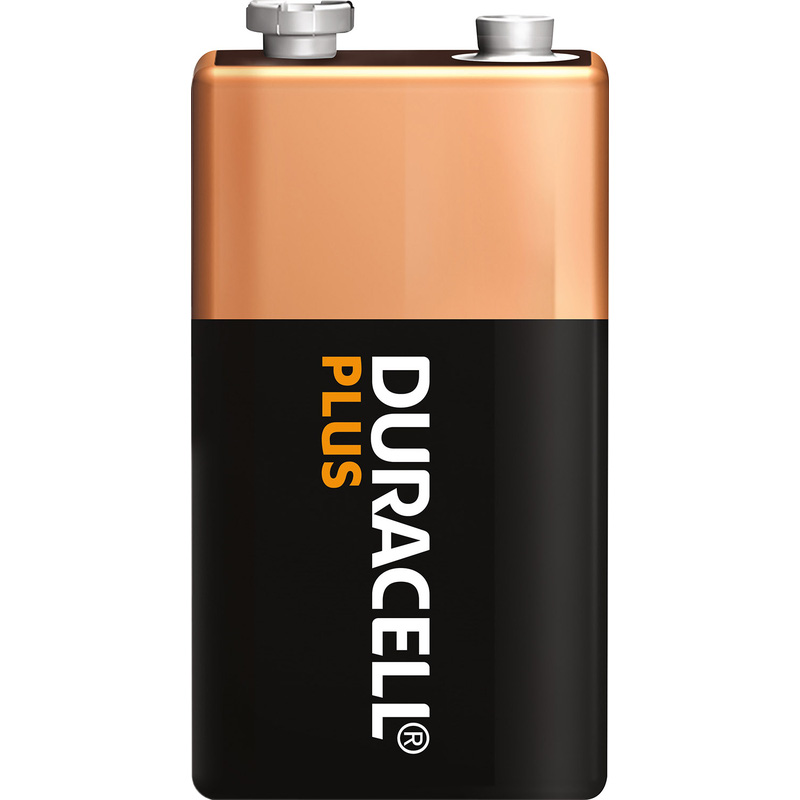
9V Battery
9V batteries are noted by their rectangular appearance and you can purchase them as either chargeable or single-use batteries. They’re powerful and have a long life making them ideal for things such as smoke alarms and electronic scales. What’s more, they hold up well in temperature fluctuations so are suitable for any devices that may be used outdoors.

6V Battery
6V batteries share a similar rectangle shape to 9V batteries but are much larger in size. As they’re often used in lighting equipment, they’re sometimes referred to as lantern batteries. Their bigger size equates to a higher power output which is why they’re popular in lighting and solar devices.
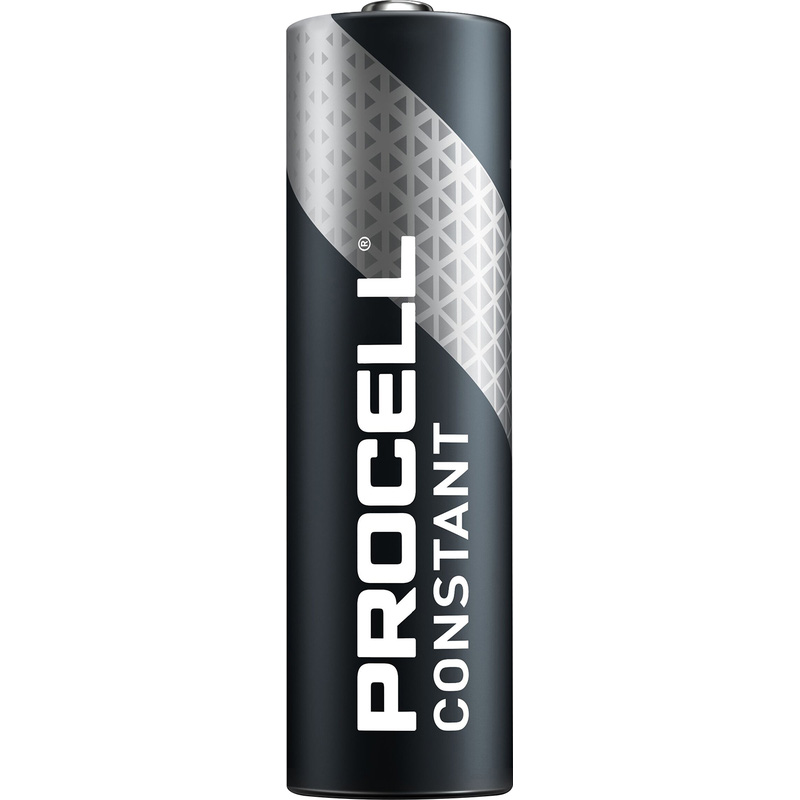
AA Battery
AA batteries are very common and can be used in many household and commercial devices. You can purchase them as either disposable or rechargeable, with single-use batteries being slightly less expensive. While lithium AA batteries can’t be recharged they have a long-life making them perfect for high drain items like electric toothbrushes. Alkaline batteries are more readily available but are prone to leaking if left for long periods.
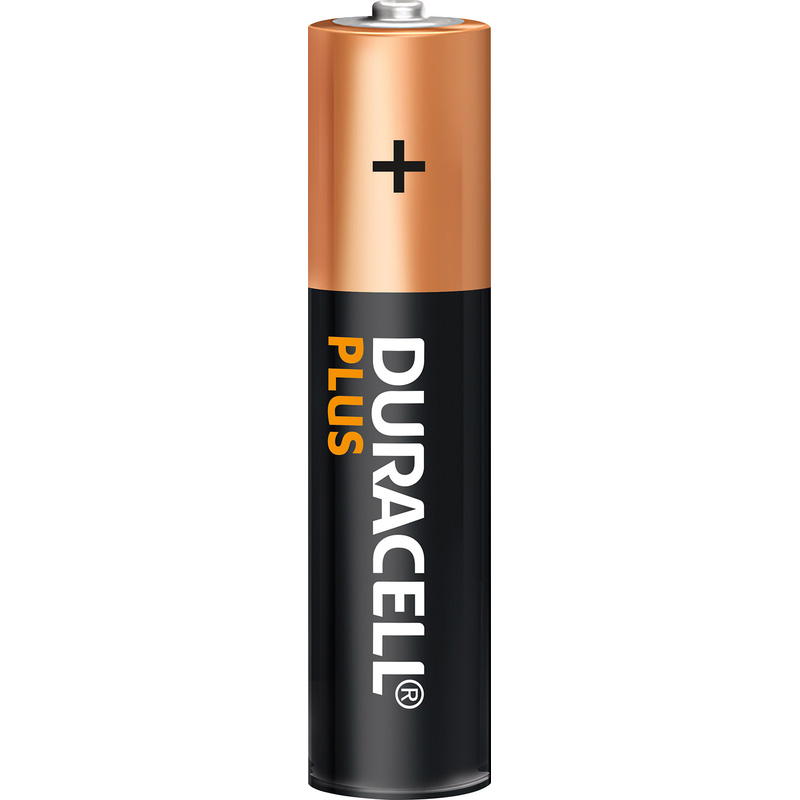
AAA Battery
AAA batteries are another common battery type that are smaller in size compared to AA batteries. While they have the same 1.5 voltage as AA batteries, their smaller size means they have a lower energy capacity. This makes them more suited to less powerful and slow-drain items such as toys and TV remotes.
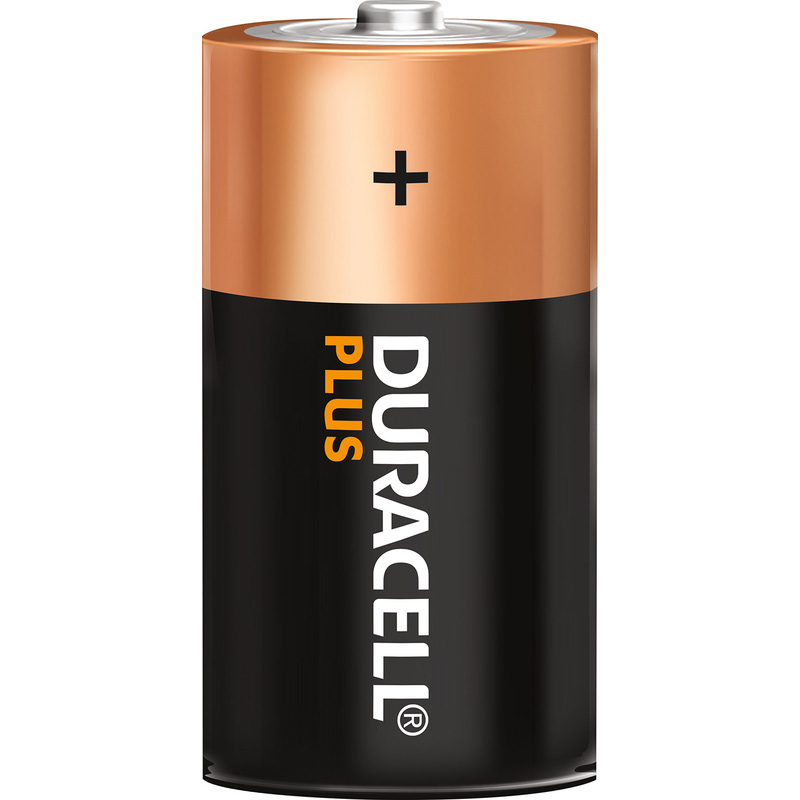
C Battery
C batteries are big and chunky and available as alkaline or lithium. Their large size offers a long-lasting energy supply for medium to high consumption household items such as digital clocks, burglar alarms and portable stereos. An alkaline C battery has a voltage of 1.5 whereas a lithium C battery can be up to 3 volts, this means the lithium option is more long-lasting.
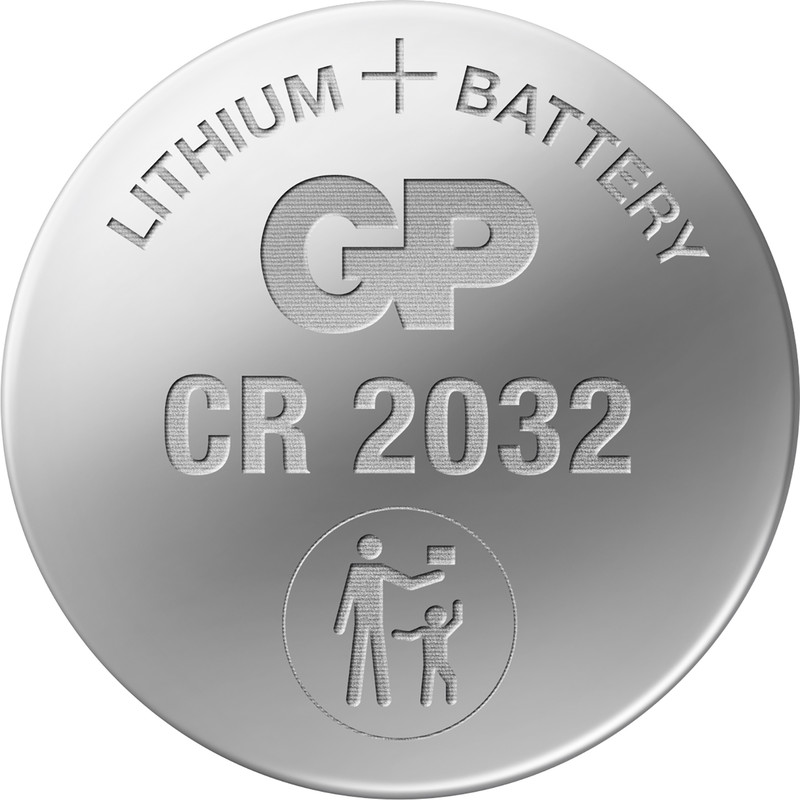
CR Battery
CR Batteries are often referred to as coin cell or button batteries due to their small, flat appearance. They are a type of lithium battery so cannot be recharged. Following the CR letters are numbers such as 2032, 2025, and 123 and these indicate the size of the battery. They’re powerful but lightweight and often used in things like car key fobs, kitchen scales and wearable devices.
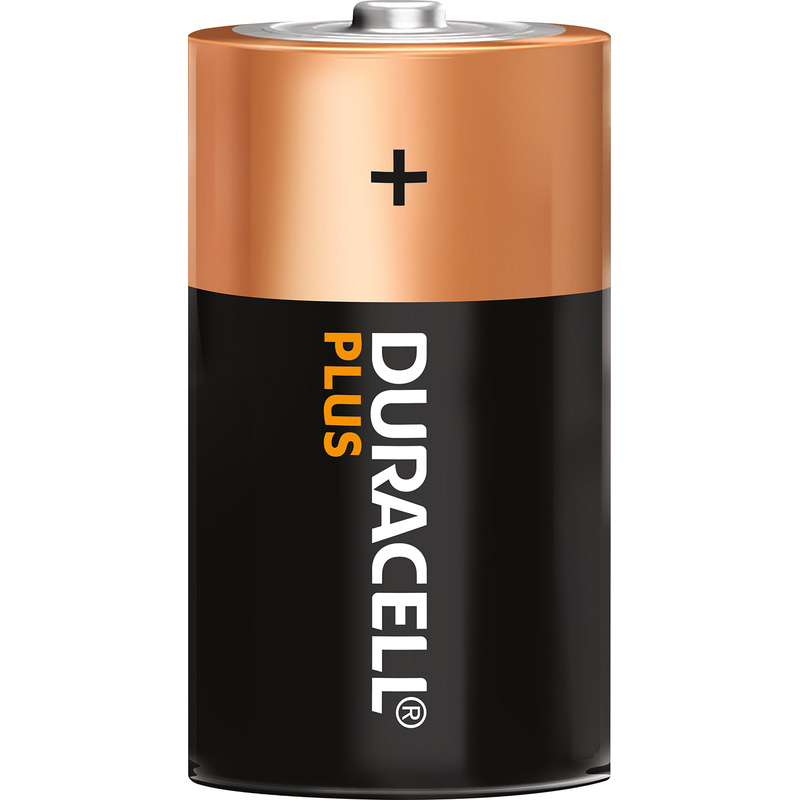
D Battery
D batteries are similar in shape to C batteries but larger making them more powerful and longer lasting. While this makes them suitable for household devices with high power consumption, their heavier weight means they’re not always ideal for handheld items. That said, they’re popular for use in powerful torches, hence sometimes being referred to as ‘flashlight batteries’.
Key Battery Considerations
Battery
Larger batteries have more storage space for energy which makes them more long-lasting compared to smaller batteries, even when they carry the same voltage. That said, lithium batteries will always out-perform alkaline alternatives even when they’re the same size.
Chargeable Battery VS Non-Chargeable
Single use batteries tend to be better for devices that are used intermittently or when recharging isn’t always practical, so things like torches or smoke alarms. Objects that draw power continually, such as a wall clock, would benefit more from rechargeable batteries.
Battery Voltage
The voltage of a battery determines how much power it can supply irrespective of its size. Most AA, AAA, and D batteries commonly carry a voltage of 1.5, with D batteries lasting the longest due to their larger size.
Battery Cost
Single-use batteries are usually cheaper at the point of purchase with lithium costing more than alkaline due to its longer-life. If you’d prefer batteries that are rechargeable, you’d need to purchase li-ion or NiMH batteries which cost more but are usually better value for money as they can be used more than once.



